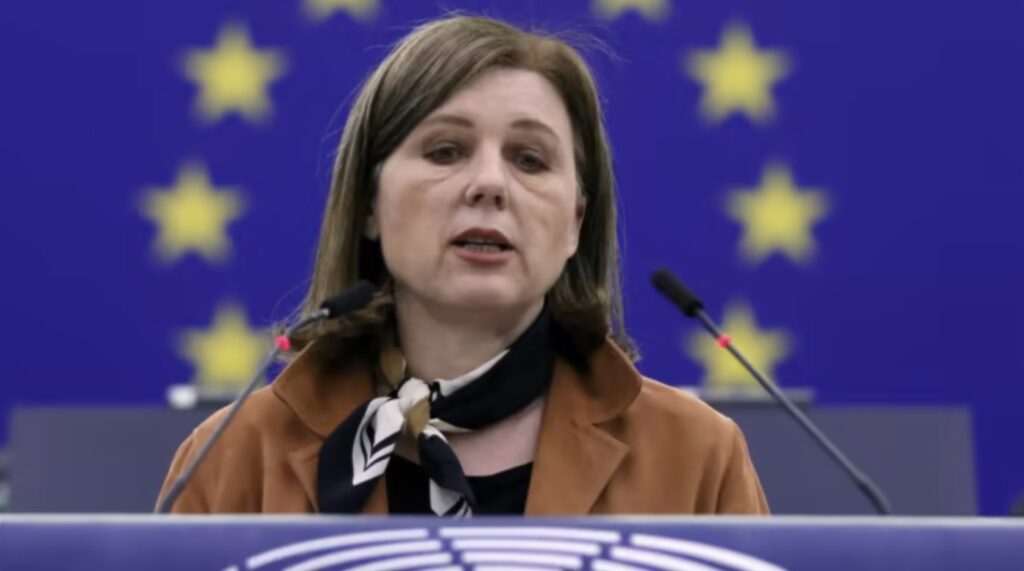‘Invulnerable’ MEPs set to test EU’s bid to raise ethical standards
FINANCIAL TIMES – Alberto Alemanno comments the EU’s ethical standards in the aftermath of the Qatargate scandal.
Bribery scandal prompts call to end culture of ‘impunity’ but scepticism remains over lawmakers’ openness to reform

Top EU policymakers have pledged to overhaul ethics standards in the aftermath of the European parliament’s bribery scandal, tackling a culture of “impunity” that some former lawmakers warn will be difficult to stamp out.
Věra Jourová, European Commission vice-president for values and transparency, told the Financial Times she would use the scandal rocking Brussels “to do the right thing” by pushing through reforms ensuring the “highest standards of integrity and independence” across all of the EU institutions.
Belgian police are investigating allegations of bribery involving members of the European parliament and representatives of the governments of Qatar and Morocco, arresting four suspects so far, including a former vice-president of the legislature. The scandal spread on Monday, after it emerged that Belgian prosecutors asked the parliament to lift legal immunity on another two of its members.
Jourová wants to set up an independent ethics body, bolster transparency regulations and harmonise standards across all arms of the EU. “It is critical to have strong, enforceable rules covering all institutions — and not allow for exemptions,” said Jourová, who leads the commission’s work on protecting EU democracy from foreign interference.
However, she faces scepticism from some in Brussels that efforts to strengthen ethics rules will bear fruit. “The proof of the pudding is in the eating,” said Michiel van Hulten, a former MEP and now a director of Transparency International. “It’s whether once the scandal has passed parliament will maintain momentum and implement these reforms.”
Prior to the scandal, the parliament had already been singled out for its poor record in enforcing existing ethical standards.
A voluntary register of gifts for the current parliamentary term shows only eight out of the 705 MEPs have so far declared anything. While MEPs are also meant to declare financial interests, these are subject only to limited checks aimed at establishing “general plausibility”, according to a European Court of Auditors’ report from 2019.
Mohammed Chahim, a Dutch MEP, described an environment where lobbyists were “bothering people in the corridors”. He added: “We have rules but they were a bit too voluntary.”
A 2018 report from Transparency International found that only 24 alleged breaches of parliament’s code of conduct had been reported since it was introduced in 2012, with just one case sanctioned. Nearly a third of MEPs were also found to have outside jobs.
“There’s an issue with impunity — people don’t get sanctioned and feel invulnerable,” said Daniel Freund, a German MEP who previously worked with Transparency International, including on the report. “The biggest problem with the ethics framework is all the institutions are self-policing, and they have no incentive to go hard on violations.”
The current scandal exploded last month when Eva Kaili, a Greek MEP and former vice-president, and three others were charged over allegations of corruption, money laundering and participation in a criminal organisation for allegedly accepting cash and other gifts to influence EU policy towards Qatar and Morocco, according to legal documents seen by the FT.
Belgium’s justice minister has revealed that the current investigation dates back to March 2021 and approaches the scale of a major organised crime probe. Kaili’s lawyers have said she rejects the allegations against her.
A key test of the incoming reforms will be whether the mooted EU ethics enforcer is genuinely independent and has teeth, said Alberto Alemanno, a professor of EU Law at HEC Paris and founder of The Good Lobby, adding that enforcement had to move from “a political responsibility” to “a legal liability”.
“I don’t sense a lot of political appetite for making this change happen,” the professor said.
European parliament president Roberta Metsola said in December that she would create a new sanctions regime and strengthen whistleblower protections as part of a package of measures aiming to respond to bribery allegations that she described as an “attack” on European democracy. Her proposals are expected this month.
Problems are not confined to the parliament, however. The commission is also under fire over officials’ “revolving doors” with the private sector, prompting the European ombudsman, Emily O’Reilly, to warn that failure to control the practice could erode public confidence in EU institutions.
Commission president Ursula von der Leyen has long called for the creation of an overarching ethics body, but it is unclear whether it would be confined to an advisory role or could also investigate on its own initiative and impose sanctions.
A spokesperson for Metsola pointed to previous calls from the parliament for a body that would be both independent and have the power to punish unethical behaviour in all EU institutions. “The aim would be for MEPs, commissioners, and other high officials to follow the same ethics rules,” he said.
Metsola’s proposals include a new mandatory transparency register of all meetings with any third country actor by MEPs or assistants, alongside a fresh sanctions regime in place to ensure compliance.
The idea of a mandatory register has been blocked by the parliament in recent years, however, as MEPs argue that such a register would impose a de facto limit on who they could meet, which would hinder their parliamentary work.